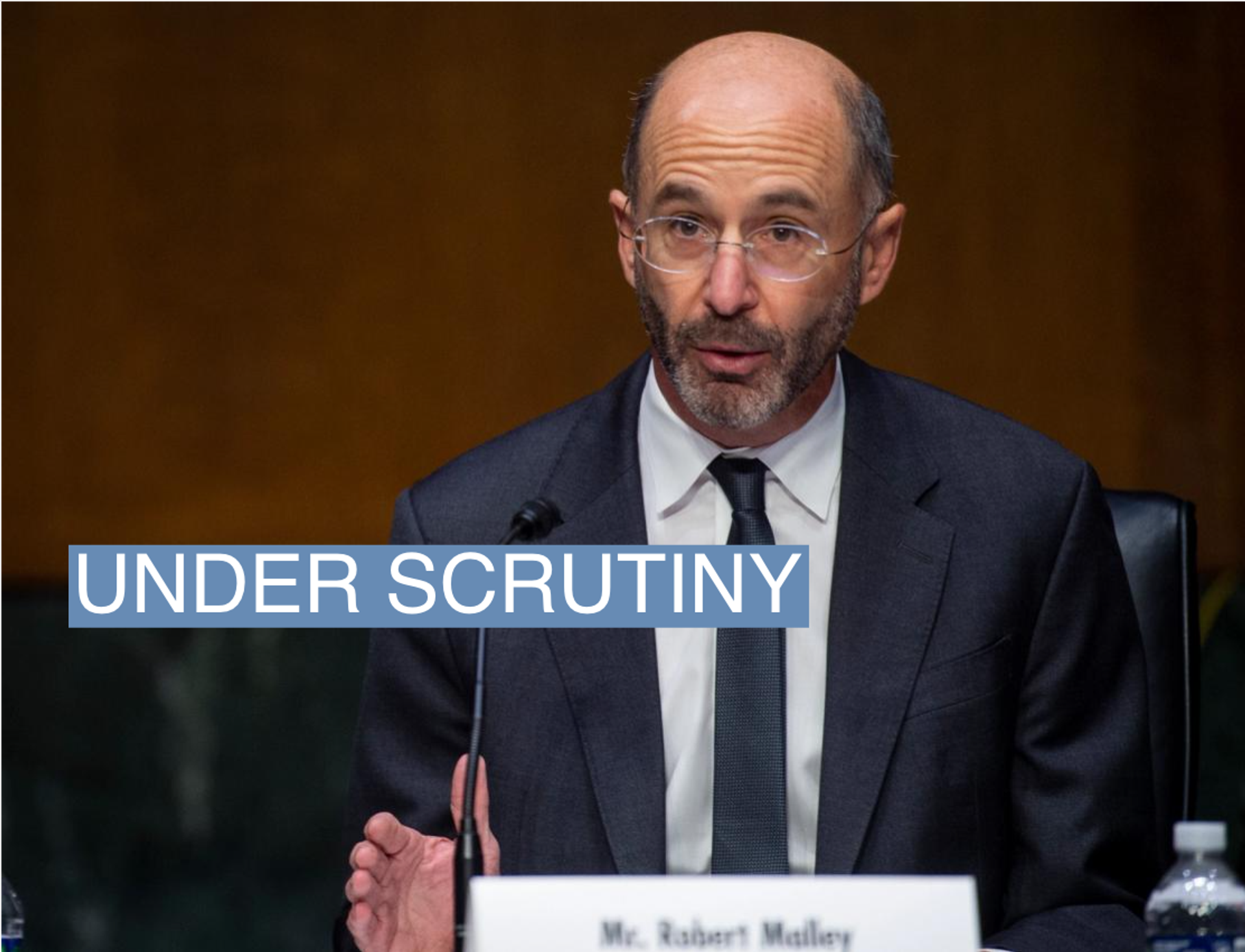The Scoop
The Republican-controlled House Oversight Committee is preparing to subpoena State Department documents and to call as a witness the Biden administration’s suspended special envoy to Iran, Robert Malley, as part of a broad review of U.S. policy towards Tehran.
The Committee, senior aides told Semafor, believes the administration has stonewalled repeated efforts by Congress to learn why U.S. Diplomatic Security pulled Malley’s security clearance last April, two months before he was placed on unpaid leave. U.S. officials have since told Semafor that the FBI is investigating Malley for the alleged mishandling of classified information.
Concerns about the Biden administration’s Iran policy have grown in the wake of this month’s terrorist attack on Israel by the militant Palestinian group Hamas, which is armed and funded by Iran, these aides said.
“What is the truth of the matter, and that’s what we’re trying to understand,” a senior aide said of Malley’s departure and his role in shaping overall Iran policy. “The Committee has a few different levers through which to provide these pressure points.”
The Committee is also seeking clarity on the security clearance provided in 2021 to Ariane Tabatabai, a Pentagon official whom the Biden administration initially brought in to serve on Malley’s nuclear negotiating team with Iran. A report last month by Semafor documented Tabatabai’s participation in an Iranian government-backed program, called the Iran Experts Initiative, which Tehran used to try to promote its views on the nuclear negotiations in Western capitals beginning in 2014. The story was based on a large cache of Iranian Foreign Ministry documents obtained by the Persian-language channel, Iran International.
Oversight Committee aides said they could also subpoena Tabatabai as part of their investigation, which was announced last Wednesday in a letter to Secretary of State Antony Blinken.
Malley and Tabatabai didn’t respond to inquiries about the committee’s plans.
In this article:
The View From the Biden administration
A State Department spokesperson told Semafor Sunday that it doesn’t comment on Congressional correspondence as a matter of policy. The spokesperson said Malley remains on leave and the Biden administration won’t comment any further due to privacy considerations.
Tabatabai’s status also remains uncertain. The Pentagon last week informed members of Congress in writing that her initial employment and clearance were carried out in accordance with “all appropriate laws and policies.” But the Defense Department indicated Tabatabai’s position and security clearance were going through a new round of vetting. The Defense Counterintelligence and Security Agency process, the Pentagon wrote, “involves regularly reviewing a cleared individual’s background to ensure they continue to meet security clearance requirements and may continue to hold positions of trust.”
Jay’s view
Malley’s status remains one of the great mysteries on the international stage, and Congress’s focus on his and Tabatabai’s activities is only intensifying in the wake of Hamas’s attack on Israel. But it seems unlikely that any clarity will emerge soon.
The House Oversight Committee also wants to understand Malley’s role in negotiating an agreement reached last month to release $6 billion in frozen Iranian oil revenues to Tehran. The deal was part of a broader prisoner-swap agreement that involved trading five American prisoners for five Iranian ones. The Biden administration indicated last week, however, that it’s refreezing the funds due to Iran’s support of Hamas.
Congress is also seeking more information on the Iran Experts Initiative and the role Tabatabai and other members of the program played in shaping U.S. policy towards Iran. Malley and Tabatabai have both staunchly supported engaging the Iranian regime and voiced skepticism, in their writings and public appearances, that financial sanctions and military pressure could alter Tehran’s calculations and activities.
Tabatabai, through the Pentagon, has declined to talk about the IEI. But Malley’s former employer, the International Crisis Group, has publicly disputed that the initiative was controlled by Tehran or that its members were seeking to advance Iran’s interests. “The IEI was a project in which a loose network of analysts from European and U.S. institutions participated, meeting with Iranian officials, as well as officials from the rest of the P5+1,” Crisis Group said in a statement this month.
